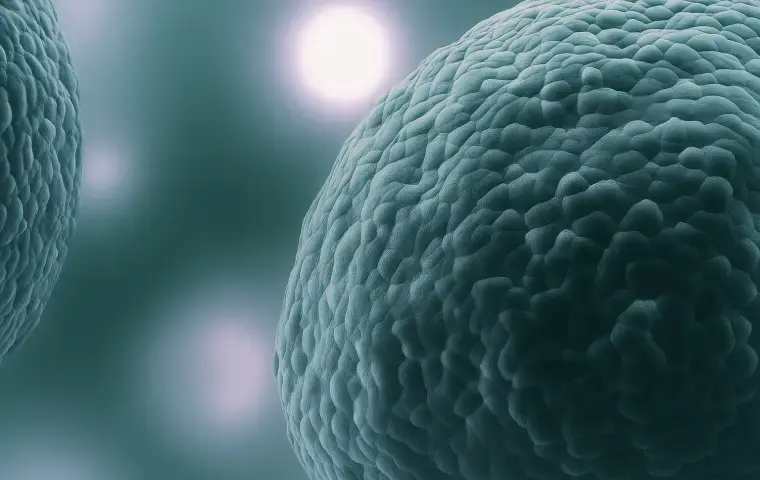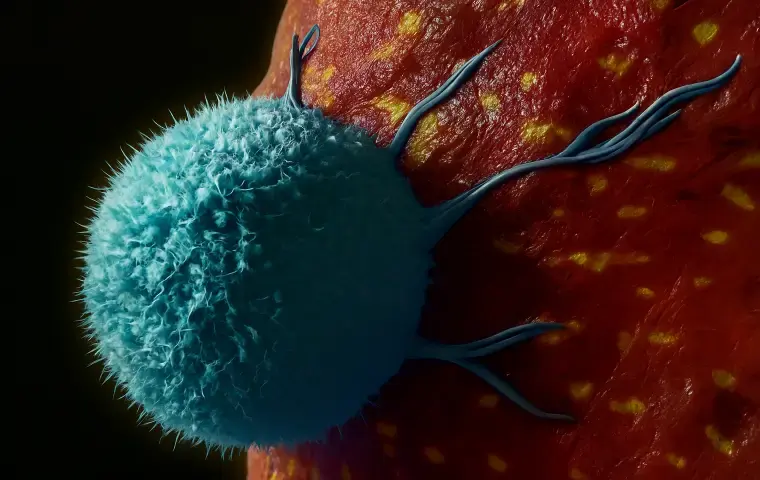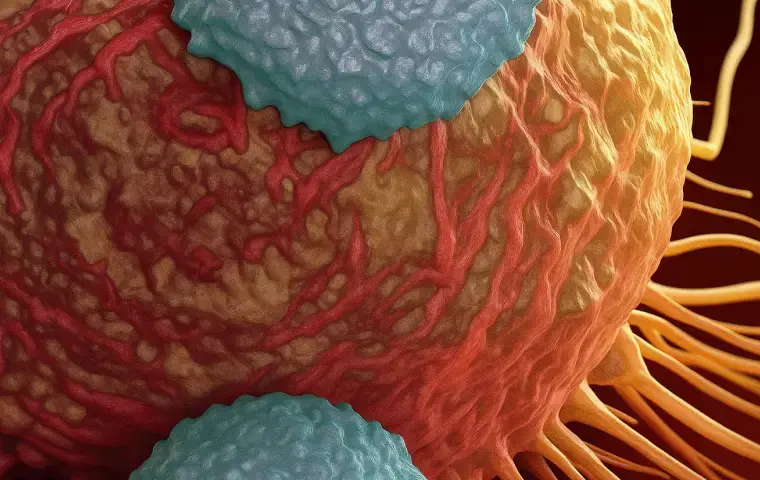PDX Mouse Clinical Trials for Translational Cancer Research
Accelerate drug development with Crown Bioscience’s patient-derived xenograft (PDX) mouse models—designed for predictive insights and personalized oncology.
Enhancing Predictability: Advanced Translational Models
Oncology researchers frequently struggle with the poor predictability of standard cell lines and traditional xenografts, leading to high attrition rates in clinical trials because these models fail to accurately reflect human tumor biology and clinical response. To address this problem, Crown Bioscience's solution provides:- Clinically Relevant Models
We use patient-derived xenograft (PDX) and patient-derived organoid (PDO) models which retain the genetic and histological heterogeneity of the original human tumor. - Predictive Trial Design
Our Mouse Clinical Trial (MCT™) platform leverages large cohorts of PDX models to mimic human clinical trial design, providing statistically powerful, predictive data on drug efficacy and patient segmentation. - Translational Insight
By correlating preclinical data from these advanced models with human clinical outcomes, we offer a more reliable translational bridge, significantly de-risking your clinical development program and identifying potential responsive patient populations earlier.
PDX Mouse Clinical Trials: Bridging Preclinical and Clinical Oncology Research
PDX MCTs from Crown Bioscience provide a predictive, clinically relevant platform for oncology drug development. By preserving the genetic and phenotypic profile of the original human tumor, our PDX models enable researchers to bridge preclinical studies and clinical success—reducing attrition, accelerating biomarker discovery, and guiding more effective treatment strategies.
Crown Bioscience's PDX MCTs, formerly known as HuTrial, are designed to bridge the gap between preclinical studies and clinical success, offering a reliable pathway to more accurate predictions and outcomes. Our services provide a comprehensive solution for drug developers seeking to optimize their pipelines, validate biomarkers, and reduce the risk of clinical attrition.

Benefits of Patient-Derived Xenograft Mouse Clinical Trials
PDX MCT trials are used primarily to generate more predictive and clinically relevant data than traditional preclinical models. However, there are many other reasons to utilize this powerful assay, which:

PDX MCTs use a large panel of patient-derived xenograft models, each representing a unique patient's tumor. This design allows researchers to study a drug's effect across a diverse patient population, similar to a real-world clinical trial.

By testing a drug across a wide variety of PDX models, researchers can clearly distinguish between responding and non-responding tumors. This is crucial for developing personalized medicine strategies and defining the specific patient population that will benefit most from the treatment.

MCTs provide a powerful platform for identifying and validating predictive biomarkers. Researchers can analyze the genomic, proteomic, and spatial data from the responding and non-responding tumors to discover the molecular signatures that correlate with drug efficacy.

The comprehensive data generated from MCTs—including multiomics analysis, spatial biology, and advanced statistical modeling—provides a deeper understanding of a drug's mechanism of action (MoA) and potential resistance pathways.

The high failure rate of oncology drugs in clinical trials is often due to a lack of efficacy. By using PDX MCTs, researchers can generate robust preclinical data that more accurately predicts clinical outcomes.
Mouse Clinical Trials: The Power Behind Study Design
Watch this webinar to learn about:
- How the optimal number of PDX models and mice per PDX model can be determined to best suit your mouse clinical trial needs
- How you can quantify and evaluate your drug’s efficacy
- How study design is used to leverage biomarker discovery
Applications of PDX Mouse Clinical Trials in Oncology Drug Development
PDX MCTs are a versatile and powerful tool with numerous applications that accelerate the drug development process, such as:
Identify biomarkers that can be used to stratify patients, improving clinical trial success rates and supporting personalized medicine strategies.
Screen a drug across a wide range of PDX models to pinpoint the specific tumor types, genetic mutations, or disease subtypes where your therapy is most effective.
Evaluate a drug's efficacy across multiple cancer types to uncover potential new therapeutic applications and expand treatment possibilities.
Test drug combinations in a clinically relevant setting to identify synergistic effects and overcome resistance mechanisms.
Generate robust preclinical data that can predict clinical outcomes, helping to justify the progression of a drug candidate to a human clinical trial and reducing the risk of costly failures.
The Ultimate Guide to Mouse Clinical Trials
Unlock the potential of your oncology research with our comprehensive white paper. This essential resource is designed for researchers and professionals in the field of drug development.
Why Choose Crown Bioscience for
PDX Mouse Clinical Trials?
We offer a seamless workflow from trial design and model selection to final data analysis and reporting, ensuring consistency and quality at every stage.
With decades of experience as a leading preclinical CRO, our global network of facilities and scientists provides a wide range of services with certified quality standards.
We utilize our patented NGS-QC method to prevent model misidentification and contamination, ensuring the integrity and reliability of our models. All animal studies are conducted in AAALAC-accredited facilities under strict adherence to ethical guidelines.
Our large, well-characterized PDX model library and advanced bioinformatics capabilities make our MCTs a highly predictive platform, helping to reduce the high attrition rates in clinical trials and accelerate drug development.
Our PDX Model Database offers detailed characterization data, including RNA-seq (1,500+ models), whole exome sequencing (680+ models), growth kinetics, histology, and response to standard-of-care treatments.

Delivering Comprehensive Solutions in
PDX Mouse Clinical Trials
Our PDX Mouse Clinical Trials are designed to maximize the impact of your oncology research by offering:
- Optimized clinical trial designs tailored to maximize predictive power and ensure clinical relevance, setting your studies up for success in oncology drug development.
- Integrated data reports that combine biomarker discovery, PK/PD analysis, and bioinformatics to provide a holistic view of your study's outcomes.
- Seamless service, from trial initiation to final report—our dedicated team ensures consistency, quality, and efficiency at every stage, empowering you to confidently advance in your drug development journey.

Frequently Asked Questions
Absolutely! During the scoping phase, we provide complimentary support for study design and model selection, taking a data-driven approach to identify the ideal models. We leverage multiomics data—including genomics, transcriptomics, proteomics, and pathway activity—to find the best fit for your study.
For multi-PDX MCT studies, we use Linear Mixed Models (LMM) to generate power curves that estimate the number of models and animals based on drug potency. You can explore our published work for additional insights (Guo et al., BMC Cancer 2019).
For single PDX model studies, we apply our proprietary algorithm for sample size calculations. This tool uses historical standard-of-care (SOC) data to determine the necessary number of animals, considering metrics like Tumor Growth Inhibition (TGI) and the desired statistical power.
For more details or free access to our web-based sample size calculator, please contact us.
Ensuring balanced group allocation is critical for reliable results. Randomization alone can lead to imbalances, so we use a proprietary algorithm that distributes baseline covariates—such as tumor size and body weight—equally across groups, minimizing bias in complex trials.
For more details or free access to this tool, please contact us.
To provide a comprehensive view of drug efficacy, we go beyond single time-point measurements by employing advanced metrics such as eGR (Exponential Growth Rate). This in-house metric analyzes the full tumor growth dataset, offering a holistic view of treatment impact. For more details, refer to our published work (Guo et al., BMC Cancer 2019).
We support you throughout your MCT study, ensuring robust analysis and reliable results by focusing on:
- Outlier Detection
Advanced methods are used to identify and address outliers, ensuring the data accurately reflects the treatment’s impact.
- Design Optimization
Based on real-time data, we can recommend study adjustments to enhance quality, such as modifying model numbers.
- Interim Reporting
Stay updated with real-time progress through interim reports available on our platform.
